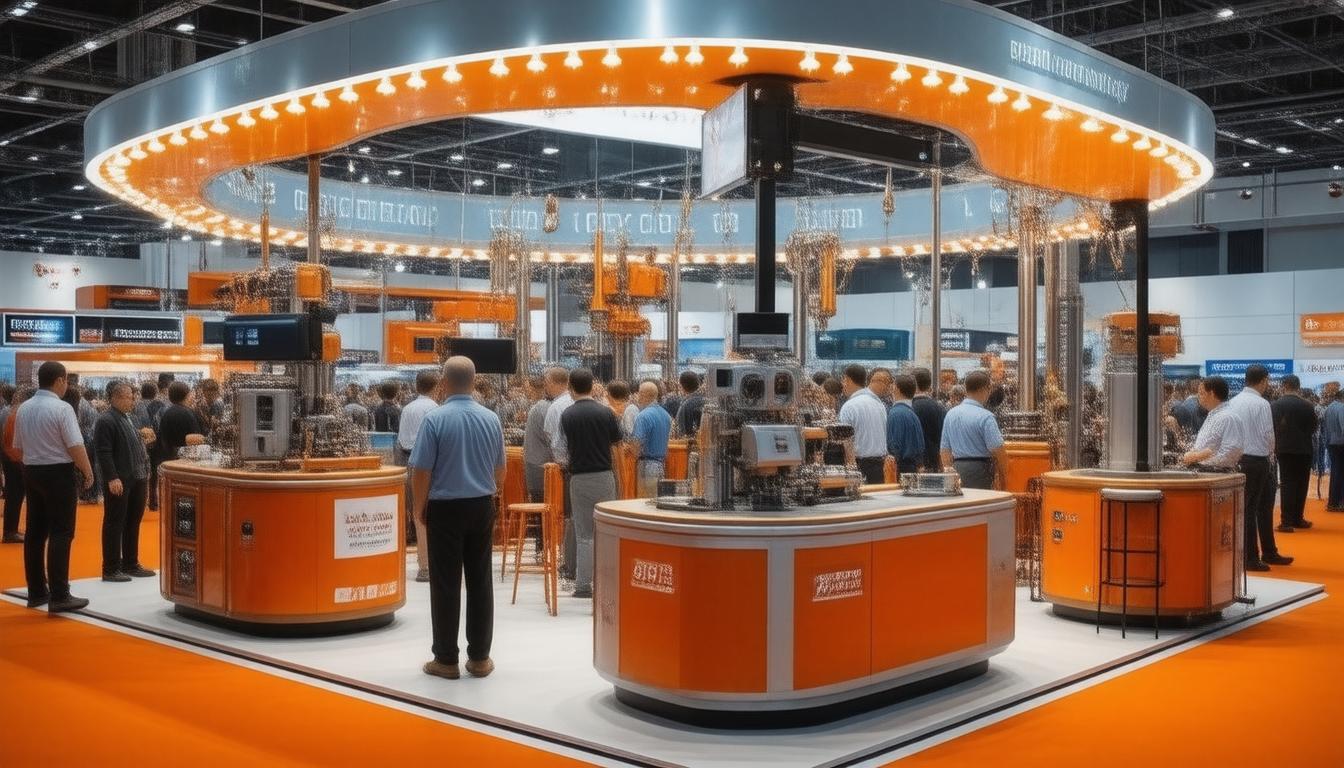
In Spokane, WA, the durability and integrity of the public sewer system are of paramount importance to the city’s health, sanitation, and environmental safety. The city has been proactive in upgrading and maintaining its sewer infrastructure, which includes selecting modern and efficient materials for sewer pipes. The selection of materials takes into account various factors such as cost, longevity, resilience, and ease of installation.
PVC Pipes: An Affordable and Resilient ChoicePolyvinyl chloride (PVC) pipes have become a staple in Spokane’s sewer system. PVC is a synthetic plastic polymer that is known for its durability and corrosion resistance. It has several advantages, including being relatively inexpensive and easy to work with. Moreover, PVC pipes are lightweight, reducing the risk of injury during installation and allowing for quicker and more cost-effective construction. Despite its plastic composition, PVC is remarkably strong and capable of withstanding regular sewage transport pressures.
HDPE Pipes: Flexible and Leak-ProofHigh-density polyethylene (HDPE) pipes are another popular option for modern sewer systems. These pipes are known for their flexibility, corrosion resistance, and leak-proof nature, owing to their seamless construction. HDPE pipes are capable of withstanding various environmental stresses, including temperature fluctuations and ground movement, making them a suitable choice for Spokane’s varying climatic conditions. Furthermore, the pipes’ flexibility means they can be fused together, virtually eliminating the possibility of leaks at the joints.
Vitrified Clay Pipes: The Long-Lasting TraditionVitrified clay pipes (VCP) have a longstanding history in sewer construction and are still used today due to their impressive longevity and resistance to chemicals. VCPs are made from natural clay that is baked at high temperatures, resulting in a hard, inert, and vitrified product. These pipes can last for over a century, making them an excellent long-term investment for Spokane’s sewer infrastructure. However, they are heavier and more brittle than other options, which can make installation more challenging and costly.
Ductile Iron Pipes: Strength Under PressureDuctile iron pipes are a strong and pressure-resistant option for municipal sewer systems in Spokane. Their high strength-to-weight ratio makes them suitable for areas with heavy traffic loads or where high-pressure flows are common. They also have a certain amount of flexibility, which helps them handle ground movement without breaking. Although prone to corrosion, modern ductile iron pipes are often coated or lined with protective materials to extend their lifespans.
Considering Environmental Impact and SustainabilityIn the modern era, there’s a strong emphasis on the environmental impact of construction materials. Spokane is no exception, and the city carefully considers the sustainability of materials used in its sewer systems. For instance, PVC and HDPE are both recyclable materials, and their production tends to have a lower carbon footprint compared to traditional metals like iron. Efforts to find a balance between high-performance sewer infrastructure and environmentally conscious choices are at the forefront of Spokane’s sewer debate.
The Future of Sewer Pipe Materials in SpokaneSpokane’s proactive approach means that it is continuously exploring new technologies and materials for its sewer pipes. The ideal is to find solutions that not only provide excellent durability and functionality but also align with environmental conservation efforts. Innovative composite materials, coatings, and designs are on the horizon, with the potential to offer enhanced performance and greener alternatives.
ConclusionAs Spokane evolves, so does its commitment to maintaining a robust and state-of-the-art sewer infrastructure. A diversity of modern materials, such as PVC, HDPE, VCP, and ductile iron, ensure that the city’s sewer pipes are capable, resilient, and cater to both current needs and future prospects. The careful consideration of these materials’ properties allows Spokane to effectively manage its waste while keeping an eye on sustainable practices and the long-term health of the community and environment.






